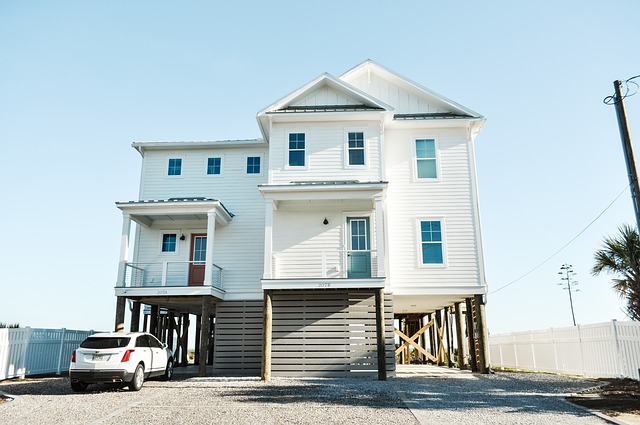
The Chancellor moved to abolish stamp duty and holiday let tax breaks in the Spring Budget.
Jeremy Hunt told MPs that stamp duty relief for people buying more than one property is being abolished.
He says this is because it was being “regularly abused,” adding that the tax break had shown “no evidence of promoting investment in the private rented sector”
The government estimates that this move, which will take effect from 1 June, will save the government £385m a year.
The Treasury says: “Property transactions with contracts that were exchanged on or before 6 March will continue to benefit from the relief regardless of when they complete, as will any other purchases that are completed before 1 June 2024.
“The government will engage with the agricultural industry to determine if there are any particular impacts for the sector that should be considered further.”
In a quick-fire part of his fiscal statement, he added that the Treasury will also scrap tax breaks which make it more profitable for second homeowners to let out their properties to holidaymakers rather than to long-term tenants to rent.
This means he will abolish the furnished holiday lettings regime.
Currently, holiday let owners can claim capital gains tax reliefs, plant and machinery capital allowances for items such as furniture and other fixtures, while their profits can count as earnings for pension purposes.
Cutting holiday let relief is estimated to save the government £245m annually.
This will take effect from 6 April 2025 “and draft legislation will be published in due course,” says the government.
It adds the move will “eliminate the tax advantage for landlords who let short-term furnished holiday properties over those who let residential properties to longer-term tenants”.
Around 127,000 properties in the UK are registered as holiday lets, according to charity TaxWatch.
Quilter tax and financial planning expert Shaun Moore says holiday let investors could lose an average of £2,835 a year in tax, based on a property purchase price of £350,000, with an annual mortgage rate of 4.5% and £20,000 rental income.
Moore adds: “For owners of holiday lets this could lead to a significant reduction in their net income.
“Should they lose the ability to deduct mortgage interest in full — in favour of a 20% deduction — alongside the potential increase in capital gains tax, this could make the holiday let business less financially attractive.
“This might result in a reduction in the number of properties available for holiday lets, which could impact local tourism.”



